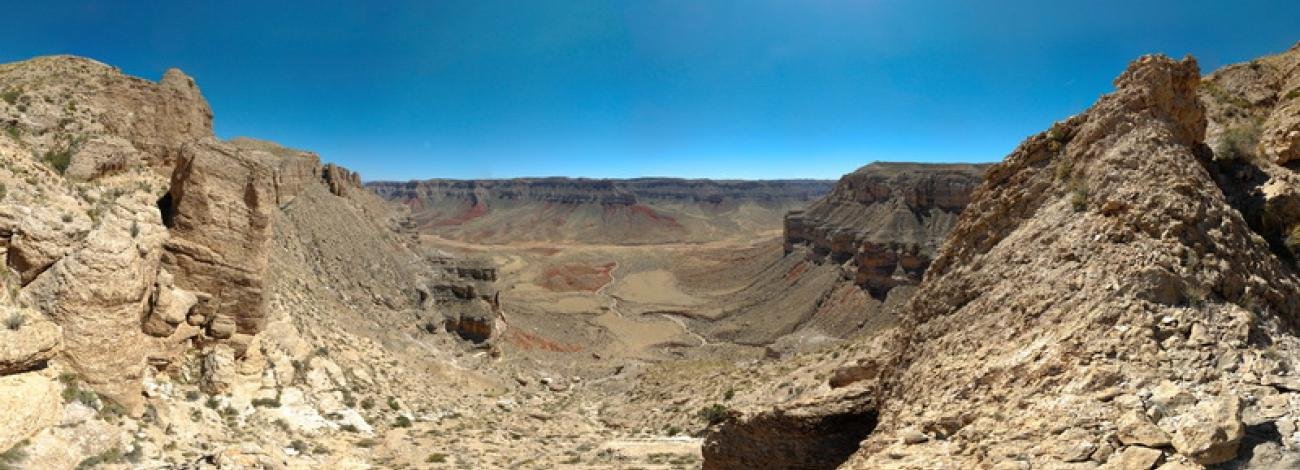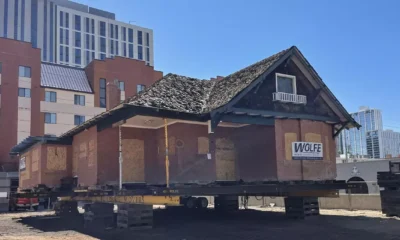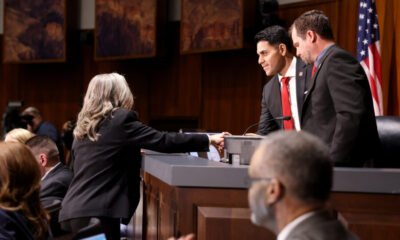9th Circuit Court of Appeals
State Republicans Move to Halt Biden’s National Monument Plan

Arizona Republicans are advocating for the reversal of a national monument designation that they claim undermines the state’s economic potential. This monument encompasses substantial uranium and water reserves, intensifying the dissent among local lawmakers and stakeholders.
After being dismissed by a federal judge, GOP leaders are turning to an appellate court, seeking to overturn former President Biden’s declaration of nearly one million acres in northern Arizona as the Baaj Nwaavjo I’tah Kukveni Ancestral Footprints of the Grand Canyon National Monument. Attorney Justin Smith argues that the lower court misjudged legal standing, a key issue in their ongoing legal dispute.
Judge Stephen McNamee ruled that only the executive branch could challenge the monument’s designation, noting that neither Governor Katie Hobbs nor Attorney General Kris Mayes had pursued action against it. Smith contends that applicable federal law empowers those harmed by such designations to litigate, asserting that the Arizona Legislature should qualify due to potential decreases in tax revenue linked to mining restrictions.
He raises concerns that barring uranium mining within the monument could force Arizona utilities to rely on foreign sources, potentially increasing energy costs. This situation does not solely impact state lawmakers; local governments like Mohave County and towns such as Colorado City and Fredonia are also contesting the designation.
Even if the appeals court rules in favor of the GOP leaders, it may not secure a victory. Such a decision would merely remand the case back to McNamee for further evaluation of the claims regarding the legality of the designation.
Additionally, Senate President Warren Petersen is collaborating with former President Trump to explore options for concluding the legal battle. However, questions linger over the extent of Trump’s authority to reverse Biden’s actions.
The original lawsuit, initiated by Montenegro and Petersen, characterizes Biden’s actions as an illegal “land grab.” While acknowledging the federal Antiquities Act’s provisions for land protection, they argue such declarations must be limited to historically significant sites and should encompass the minimum area necessary for protection—a criterion they claim the vast monument fails to meet.
Before proceeding, they must establish legal standing in the 9th Circuit. Smith argues that the monument’s designation creates economic harm, positing that job losses in uranium mining could lead to greater financial strain on local and state governments.
He references a 2009 study indicating that uranium mining could yield a $29 billion boon to the economies of northern Arizona and southern Utah over 42 years. The implications are profound; with a significant portion of Arizona’s electricity generated by nuclear power, diminished local uranium reserves could necessitate energy imports from less stable foreign sources.
McNamee dismissed the lawsuit in January, deeming the claims speculative. He argued that the legislative plaintiffs failed to demonstrate a concrete injury, a critical standard for initiating legal action. In response, Smith contends that the judge overlooked legitimate concerns about foreign reliance for uranium supplies amidst elevated commodity prices.
Moreover, Smith highlights broader impacts, stating that diminished mining activity could stifle economic growth in communities like Fredonia and raise questions about Colorado City’s water access due to the monument’s restrictions.
The Biden administration’s designation aims to honor indigenous heritage, reflecting a broader commitment to conservation and cultural preservation.


















